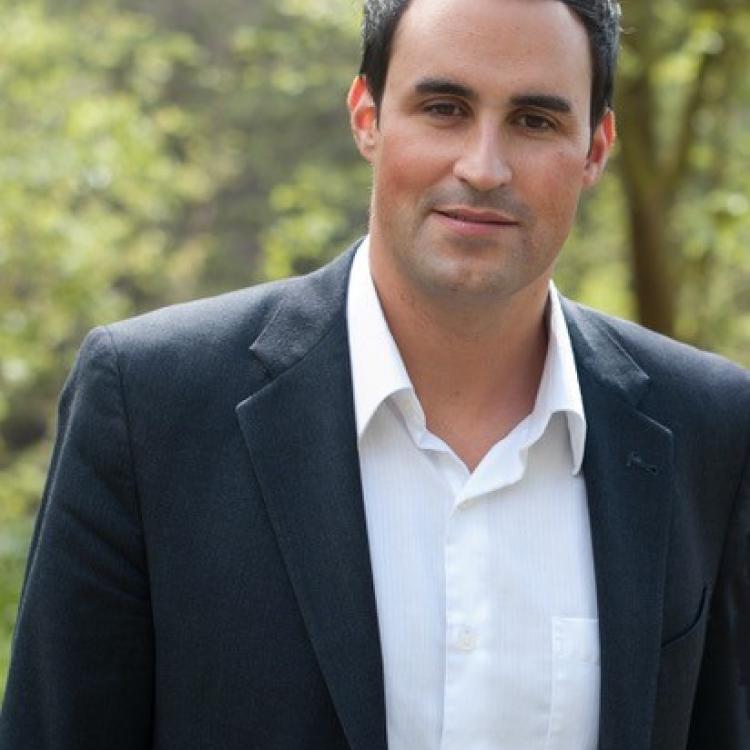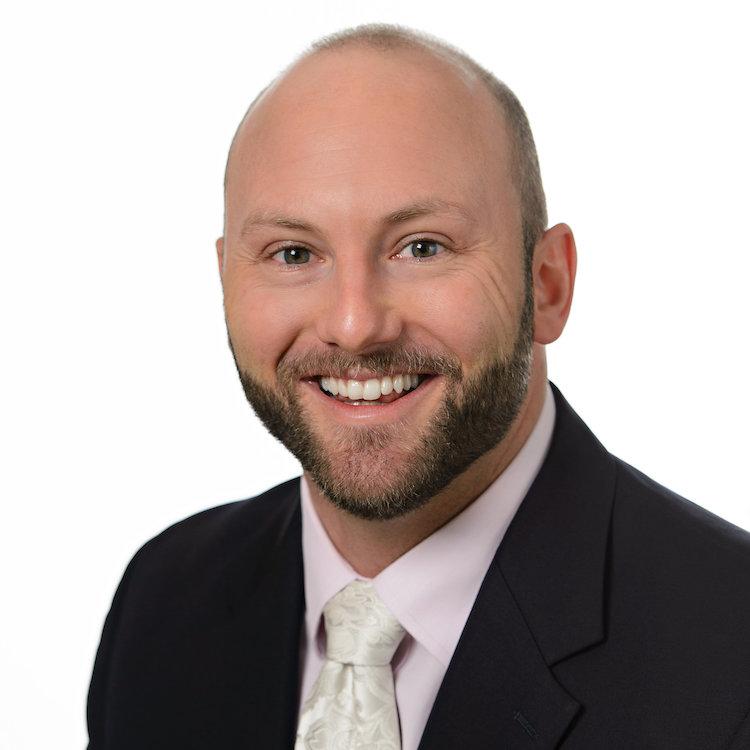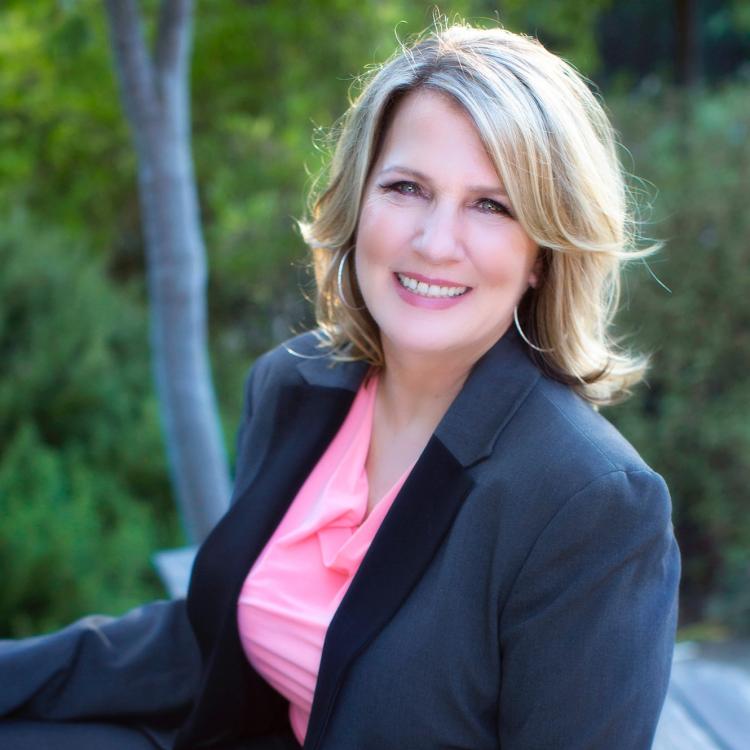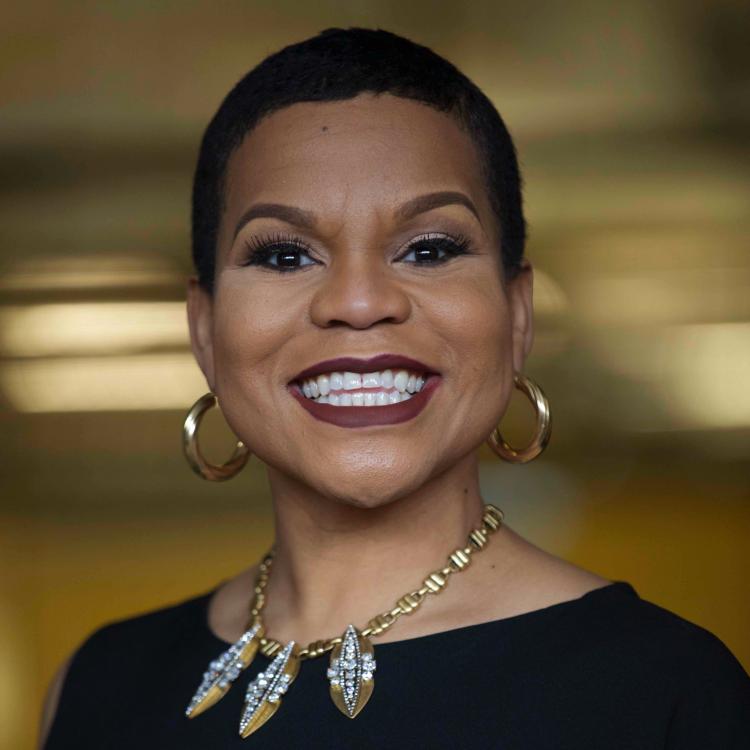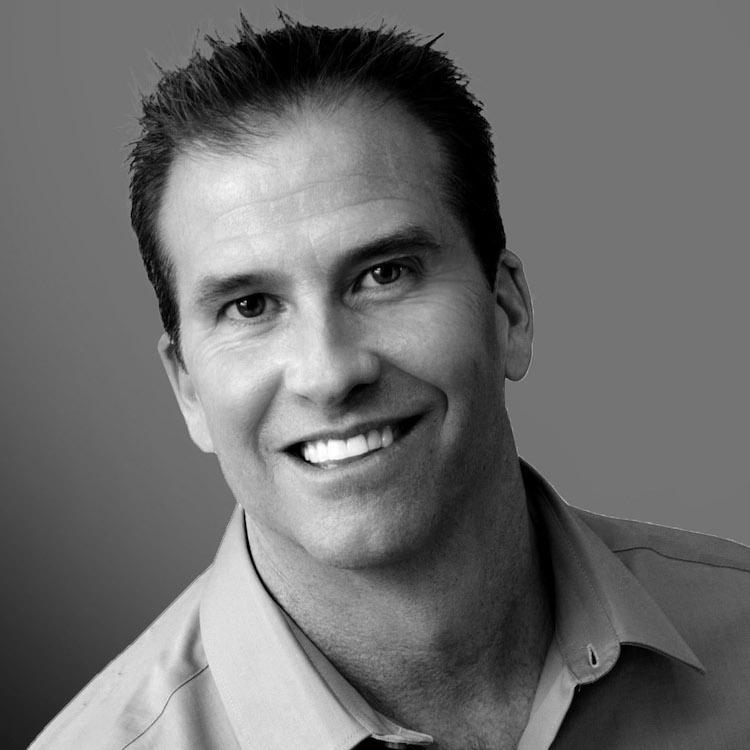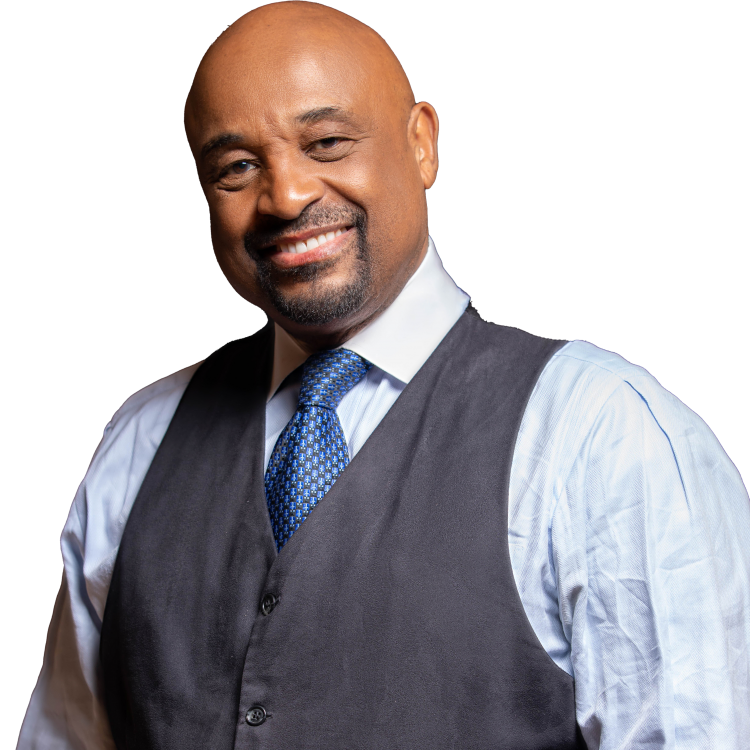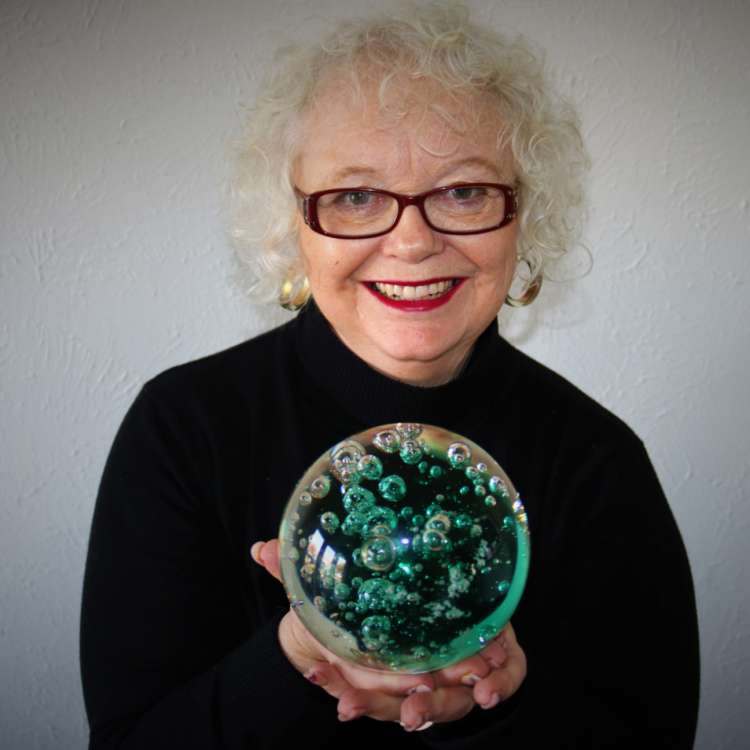Tuccillo is an economist, consultant and author. He is one of the foremost real estate and housing finance economists in the United States. His consulting practice is focused on strategic and business planning, and his experience and counsel are sought out by trade associations, major real estate and other private firms.
He was educated at Georgetown University and Cornell University, and holds a doctorate in economics. He taught economics at Georgetown from 1971-1979 and has taught in the graduate architecture program at The Catholic University of America. He was a Brookings Economic Policy Fellow at HUD, Senior Research Associate at the Urban Institute and Chief Economist at the National Council of Savings Institutions. From 1987 to 1997 he was Chief Economist for the National Association of Realtors. From 2010 to 2015, he was Chief Economist at Florida Realtors where he created a nationally recognized research department. In 1992, he was president of the American Real Estate and Urban Economics Association.
His books, The Eight New Rules of Real Estate and Click and Close (written with Jim Sherry), and New Business Models for the New Economy are best sellers and have been instrumental in shaping the thinking of real estate industry leaders as they approach the challenge of changing their business models. His book, How a Second Home Can Be Your Best Investment, (with Tom Kelly) was released in 2004. He is also the author of three crime fiction novels.



